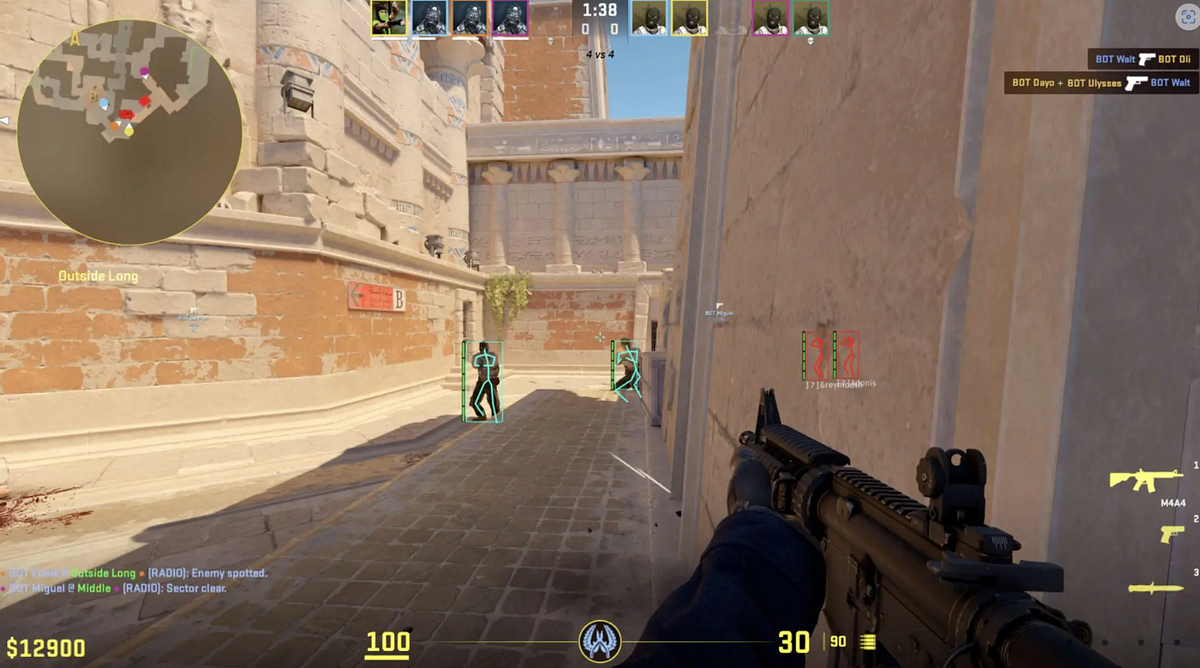Medium
4w
405

Image Credit: Medium
AI vs Cheaters: A New Approach in Competitive Gaming
- Cheating in online competitive games is an issue that most companies in that genre have to deal with. Game publishers are negatively impacted because this issue can dilute the value of the game and impact revenue streams for the publishers because players would buy less in-game content as a result of cheating.
- Game developers are trying to stop cheating in many different ways such as cheat detection software and anti-cheat software with kernel level access in the user's operating system. However, cheating exploits continue to be patched, and a long-term solution is needed.
- Valve, Riot Games, Easy Anti Cheat, and other videogame and anti-cheat companies have been dealing with cheating issues for years and patching cheating exploits isn't cutting it.
- In February 2017, Valve announced that they would start implementing machine learning in their anti-cheat software in hopes of identifying cheating patterns and putting a stop to the cat and mouse game.
- The strategy for cheat detection is to analyze player behavior in real-time (on server-side) with neural networks trained with vast amounts of data, analyzing reaction time, precision, and number of missed shots.
- The system needs to be manually monitored for false positives, which has been a big hurdle for Valve in recent years.
- The AI-based anti-cheat system isn't perfect and doesn't detect every cheating software feature. Still, it reduces the advantage gained by cheating software and is the new standard in the shooting games industry.
- Despite being promising, this system won't entirely eradicate cheating, and new ways of cheating will emerge, but they won't give a significant advantage as they once did.
Read Full Article
24 Likes
For uninterrupted reading, download the app